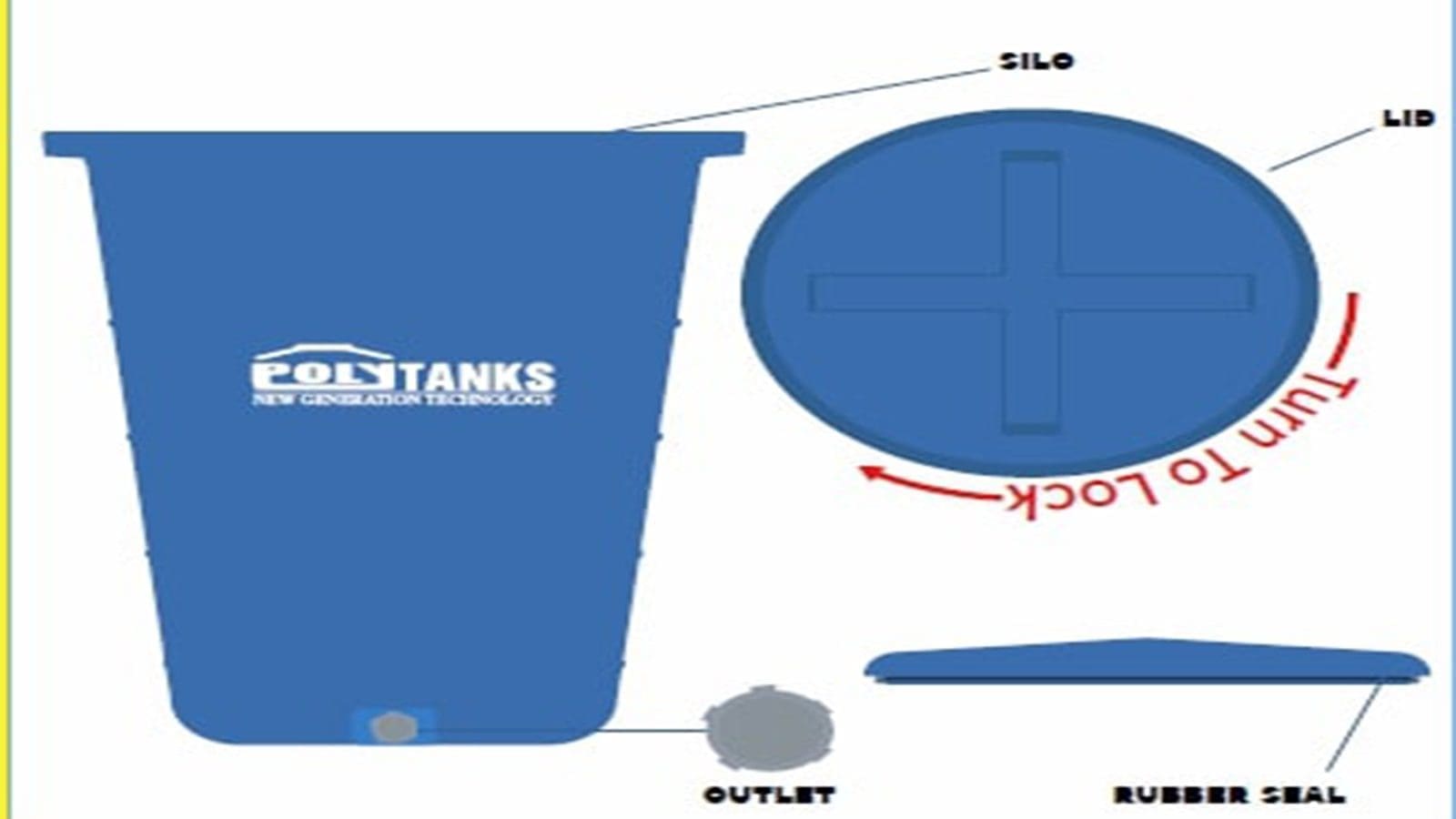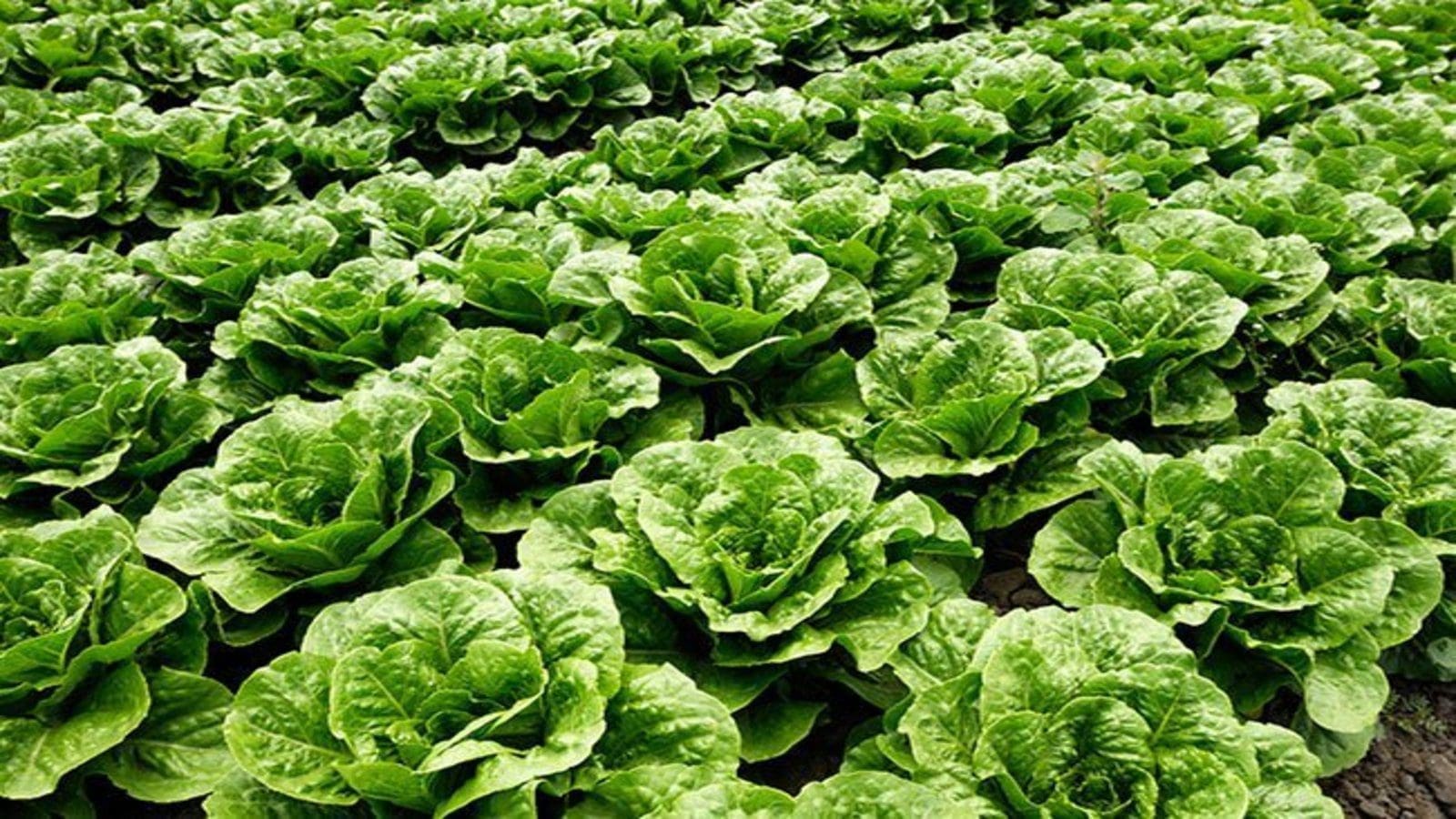KENYA – Polytanks & Containers Ltd, an Athi River based company has introduced plastic grain silos that double the shelf life of grain preventing smallholder farmer post-harvest losses.
The airtight Polytanks Grain Silo, can be used to store 340-350 kilograms (4-5 bags) of grains, cereals, and pulses without risk of contamination from outside dirt, insects and moisture.
“Unlike hermetic bags, the plastic silos cannot be easily punctured. They last 10-15 years if well taken care of,” said Jitendra Pandya, the company’s GM for Business Development.
Being plastic means that there is no concern about rust or metal fragments getting into the grain.
After the grain has been thoroughly dried, the grain silo is sealed airtight with the use of a rubber seal cover.
With 80% of Kenyan farmers reported having to deal with post-harvest losses during grain pre-drying stage, it is estimated that Kenya loses a startling 20% of its cereal, pulses, and legumes before they reach markets.
Small-scale farmers that lack access to efficient, secure, and cost-effective storage systems experience particularly severe post-harvest grain loss.
The majority of farmers continue to use antiquated grain storage practices, which involve placing the grain in regular polypropylene plastic or fiber bags before adding pesticide. The practice puts the farmer in double peril.
First, the bags are not airtight, which allows pests and weevils to proliferate and indiscriminately attack the grain that has been stored.
Second, when the grain is consumed by people, the pesticides utilized not only lack the effectiveness needed to kill the weevils but also have a variety of negative health impacts.
The silo has an outlet at the bottom that can be used to remove grain when needed. The outlet cap and lid should always be closed after use to prevent moisture entry or contamination.
The effectiveness of the grain silo depends on the storage conditions. In dry, moist settings, grains last longer than in humid ones.
The pricing of the Polytank Grain Silo is Sh9,990, with prices varied depending on the cost of shipping it to different regions of the nation.
For all the latest food safety news from Africa and the World, subscribe to our NEWSLETTER, follow us on Twitter and LinkedIn, like us on Facebook and subscribe to our YouTube channel.








